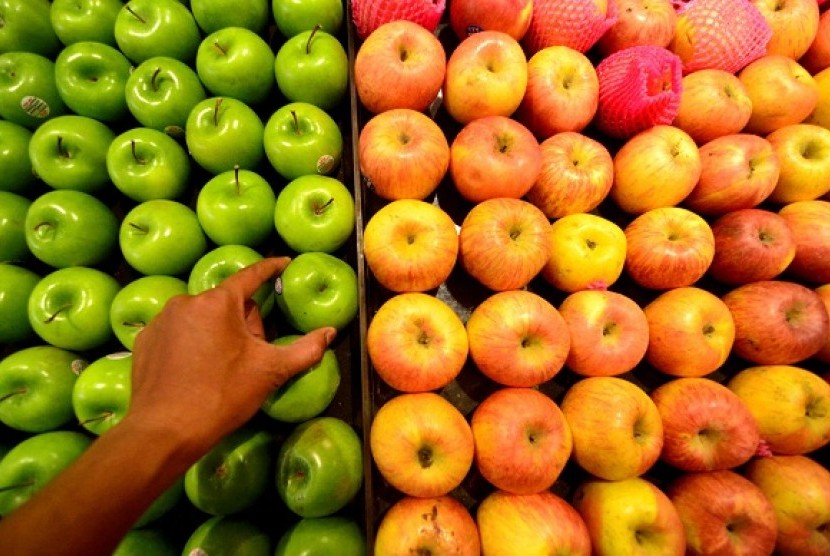REPUBLIKA.CO.ID, MALANG - Malang apple, the icon of a city in East Java of Indonesia, Malang, is prone to extinction as apple farmers choose to cultivate sugar cane. At least 15 hectare of apple plantation has turned into cane field, orange, or vegetable farm.
"Most of the apple trees here in Bumiaji are more than 25 years old so the production is declining," the Head of Apple Farmers at Bumiaji, Darmanto, said on Sunday.
Almost 80 percent of apple trees in Bumiaji are quite old. While only 20 percent have been revitalized, farmers can only gain 20 tonnes per hectare. Production cost is more expensive than the selling price of the Malang apple, which is only 5,000 IDR to 6,000 IDR per kilogram.
"The production cost is far more expensive than imported apple," he said.
Climate changing and land fertility also contribute to the declining production. Many farmers use chemical fertilizer to cultivate the trees. The Regional Head of Agriculture Department, Sugeng Pramono, said government had revitalized the field, including the apple trees. The farmers are also expected to use organic fertilizer.
"We focus on developing organic farm. We provides a budget of 3 billion IDR," he said.


